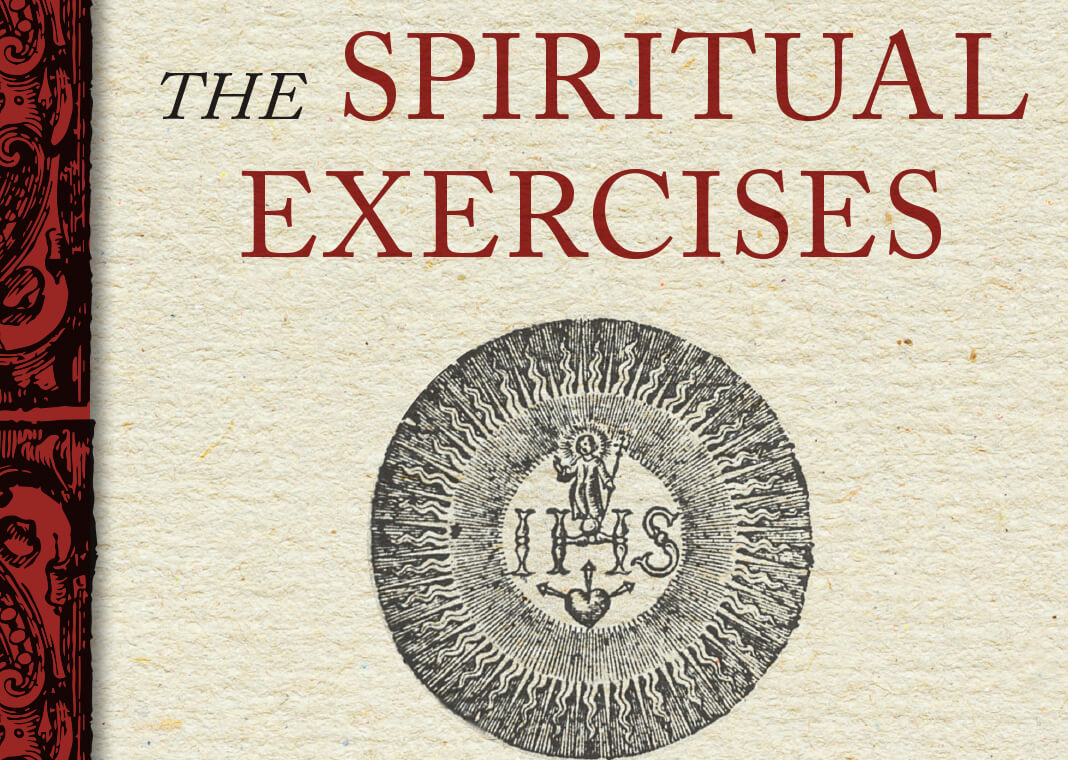
I knew nothing of the Sisters of Bon Secours before moving to Baltimore.
It was an Ignatian-inspired retreat that would bring me to the sisters’ beautiful retreat center in Marriottsville, MD, way back when I was still new in town. That retreat would introduce me to other young adults in the area, folks who shared my interests and who were in the same season of life in which I found myself. Forming community was the first order of business, and, thanks to the spirituality at the heart of that and subsequent retreats, we followed an Ignatian way of proceeding.
Despite the fact that I would go on to lead more of those retreats and serve on committees for the fledgling Bon Secours Young Adult community, it would be several years before I really began to understand the charism that underscored the life of the Bon Secours family—and incorporate it into my own prayer.
The Charism of Bon Secours is to bring God’s healing, compassion and liberation to people in need. Special attention is given to those who are poor, sick or dying by helping to alleviate their suffering and bringing them a message of hope and assurance that there is a God who loves them. (Sisters of Bon Secours, USA)
But why should we care? Well, this is what I discovered in my prayer: The Bon Secours charism beautifully compliments the journey one takes when praying through the Spiritual Exercises.
Compassion
Encountering our God of compassion is central to the life of a Christian and, in many ways, the point of the First Week of the Spiritual Exercises. We may be tempted to think of the First Week—the week in which we meditate on hell and all its dark fruits—as a guilt trip. It’s easy to think that the point of these meditations is to make us feel bad about our sins. But really, that First Week of St. Ignatius’s foundational text is about recognizing all that God yearns to save us from.
In essence, the first movement of the central text of Ignatian spirituality is a journey into compassion, a recognition that ours is a God who loved us first, who loves us still, and who will not stop loving us, no matter what.
That’s a compelling message—and the charism of Bon Secours challenges us to bring that message of compassionate love out and into the world.
Healing
In the Second Week of the Exercises, we walk with Christ. We place ourselves alongside him, becoming immersed in the scenes. And so many of those scenes of the Second Week, of Christ’s active ministry, find him healing the people he encounters.
He heals them of bodily afflictions; he heals them of doubt and shame and insecurity. And he invites me—he invites us—to do the same.
That, too, is the invitation of the Bon Secours charism: How might we place our own insights, experiences, and desires alongside the healing hands of Jesus and accompany him in this work? What unique vocation has God called us to through which we might offer the world a healing touch?
Liberation
Finally, in the Third and Fourth Weeks, we quite literally experience liberation—and its opposite.
As we accompany Christ through the Passion in the Third Week, we see him burdened by the weight of betrayal, dashed expectations, lost hopes, and the Cross itself. He is bound to its wood by a system of oppression, by structures of injustice. Evil present in our world holds him fast, and he willingly accepts his fate.
But then—and this is the key not only to the Fourth Week, not only to the Exercises, not only to the Bon Secours’s charism, but to the whole project of Christianity—Christ is liberated from the shackles of sin and death and oppression, breaking through the confines of death and rocky tomb alike.
In and through this moment of liberation, God’s Holy Spirit invites us to love and serve Christ found in all of creation. We are not merely liberated from sin and death; we are liberated for love and service.
The Mark of Holiness
The charism of the Congregation of the Sisters of Bon Secours is as vital today as it was in France in 1824. In the wake of the French Revolution, a group of 12 women discerned their call to be “good help” to those in need. They went against the expectations of their day, leaving cloistered life to minister personally to the sick and dying.
This courage to discern and act upon God’s desire for our lives—even when it’s unexpected and perhaps even unorthodox—is another parallel between the Bon Secours and the Ignatian way of proceeding.
Maybe, though, the invitation to discern and act on the will of our God, who desires compassion, healing, and liberation for those most in need, isn’t the exclusive territory of any spiritual tradition.
Perhaps it is simply the mark of holiness to which we are all called.

Thanks Eric. In the Southern Indian States of Pondicherry and Tamil Nadu, the Sisters of Bon Secours are serving fellow human beings with dedication and compassion.